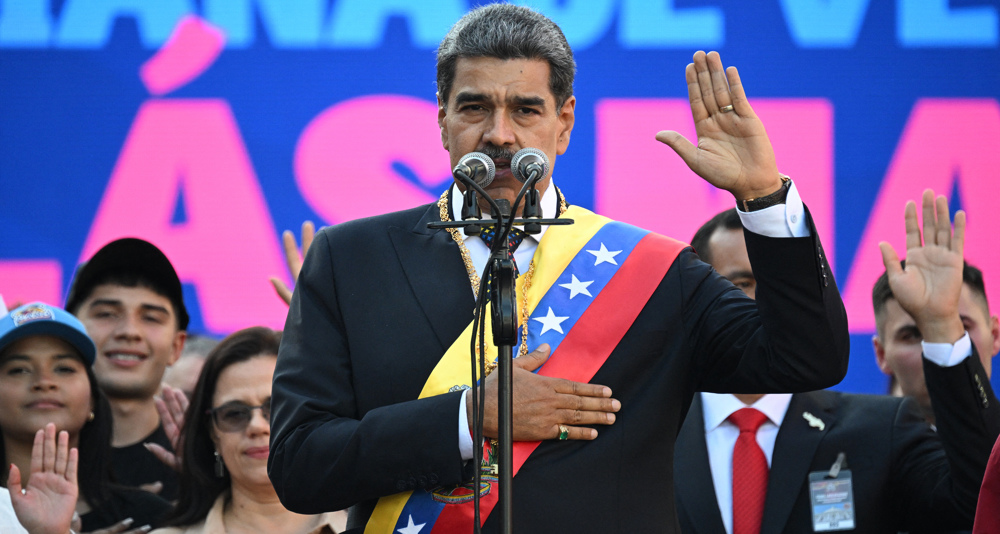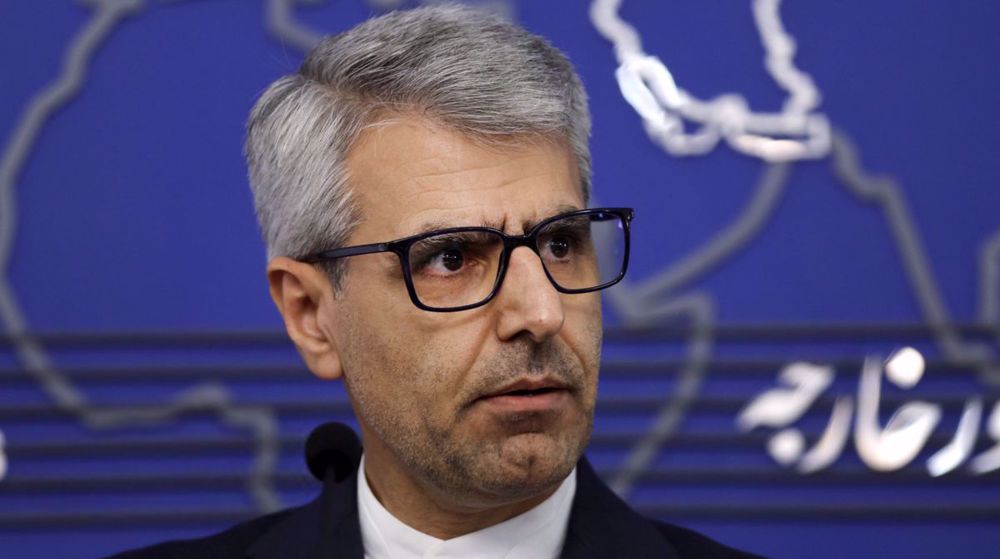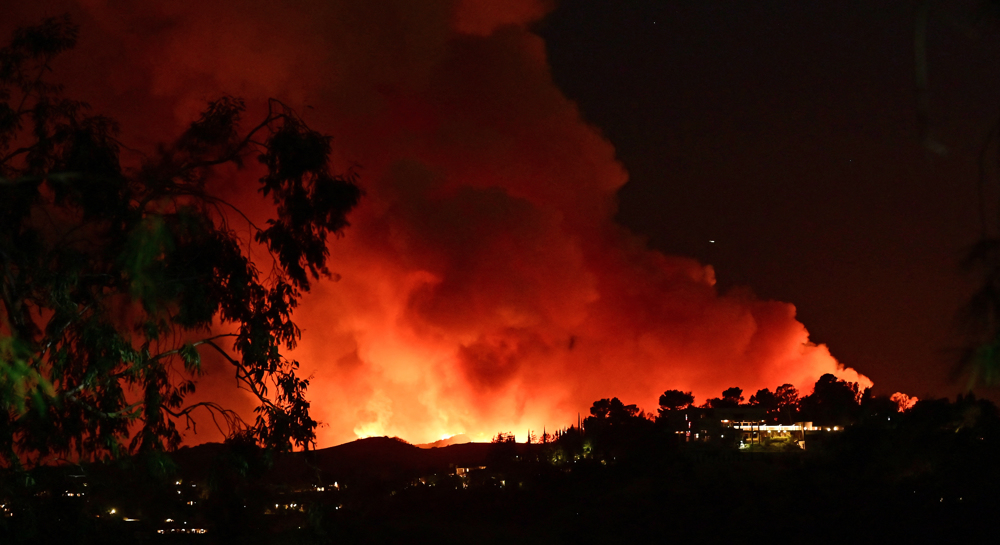Iranian, French presidents discuss de-escalation of Mideast tensions in New York
President Hassan Rouhani of Iran and his French counterpart Emmanuel Macron have held talks in New York on ways to ease regional tensions and save the 2015 Iran nuclear deal.
During the Monday meeting held at Rouhani's place of residence, the two presidents conferred on de-escalation of ongoing tensions in the Middle East, according to IRNA.
They further exchanged views on ways to save the nuclear deal, officially known the Joint Comprehensive Plan of Action (JCPOA) and bilateral relations between Tehran and Paris, head of the media office of Iran's mission to the UN said.
Meeting between President Rohani and President Macron just ended. Two sides discussed ways to save the #IranDeal, bilateral relations, and President Rouhani’s new initiative for the region: “HOPE”. pic.twitter.com/cjwsnJggAi
— Alireza Miryousefi (@miryousefi) September 24, 2019
Macron and Rouhani also conferred on the latter's new initiative for peace in the region, named Hormuz Peace Endeavor (HOPE), which is to be unveiled at his Wednesday address to the UN General Assembly.
Before leaving Tehran for New York earlier in the day, Rouhani said his Peace Initiative is designed to include all countries of the region and aims to expand cooperation beyond regional security.
Foreign Minister Mohammad Javad Zarif also revealed that regional powers including Iran, Iraq, Saudi Arabia, Bahrain, the United Arab Emirates, Qatar, Oman, Kuwait and Yemen could join the broad regional coalition to ensure security in the Persian Gulf.
Speaking to reporters at a working breakfast with journalists on the eve of the UN General Assembly, Zarif said the coalition concept would act under the auspices of the United Nations.
The Monday meeting between Rouhani and Macron came shortly after the French president's brief meeting with US President Donald Trump.
Macron is set to meet Trump once again following the meeting with Rouhani, media reports said.
The French president was the one who expressed hope in late August that a long-anticipated meeting between the presidents of Iran and the United States would take place "in the next few weeks."
"We have created the conditions for this meeting, and so for an agreement. I am still very cautious, you have to show humility, but I think it's something which puts a stop to the escalation and which will allow us to reach the objectives which we are pursuing," he said at the time, in a joint press conference with Trump, which came after Macron's talks with Zarif in Biarritz.
Despite the media hype regarding the historic meeting, Iran has firmly stated that it won't sit for bilateral talks with Trump, but is open to a multilateral meeting with the P5+1 - including the US - only if Washington ends its economic war against the Iranian nation.
Yemeni forces target US aircraft carrier, force it to flee
Iran wishes Maduro success, slams 'malign' US meddling in Venezuela
Monitor: Israel systematically designing prisons for torture
VIDEO | Press TV's news headlines
VIDEO | Westerners relocating to Russia in search of better life
VIDEO | Calls for release of 18 Palestine Action activists
VIDEO | Thousands gather in Seoul for rival protests
France’s hosting of anti-Iran terrorists’ meeting example of ‘clear support for terrorism’: Official











 This makes it easy to access the Press TV website
This makes it easy to access the Press TV website